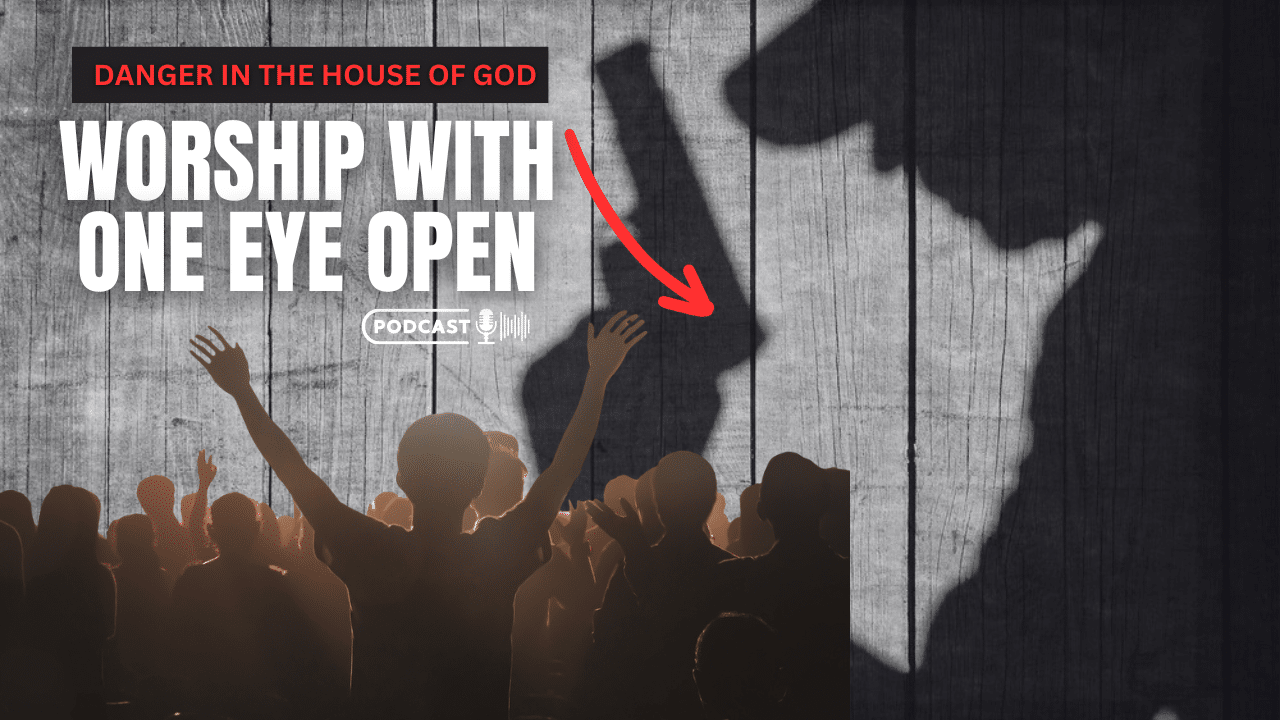Hundreds of Baptist churches in Ukraine have been wiped out since Russia’s invasion of the country began almost six months ago, according to the president of the Ukrainian Baptist Theological Seminary (UBTS).
Yaroslav Pyzh told Baptist Press about “400 Ukrainian Baptist congregations have been lost” since the war began on Feb. 24. It’s not just buildings that have been destroyed, but church leadership and congregations have been broken down. Pyzh said although volunteers are helping displaced people fix their homes, the real challenge is to rebuild pastoral leadership in war-torn cities.
“Since the war started, six months already, we lost about 400 Baptist churches. And so the real build is the rebuilding of leadership capacity because if you rebuild buildings and you have no pastors to lead churches, I don’t think it’s going to do any good,” said Pyzh, a graduate of Southwestern Baptist Theological Seminary in Fort Worth, TX. “So the real challenge is not so much rebuilding walls and windows and doors.”
“The real challenge is similar to Nehemiah’s challenge,” he said, referencing the biblical story of Nehemiah. “It’s not only rebuilding the walls of Jerusalem. It’s rebuilding the nation of Israel, of worshiping God. … That’s the same thing here in Ukraine.”
Many pastors were displaced in the areas that have seen fighting and renewed conflict. This has left areas without “godly hope,” Pyzh said. According to the All-Ukrainian Union of Churches of Evangelical Christian Baptists, before the war began, there were about 2,300 Baptist congregations in the country.
“Our main challenge in the future, when the war will be over, is to bridge the gap in leadership that we lost,” Pyzh told Baptist Press. “And sadly, the longer the war goes, the more the gap’s going to be. The church is not buildings. It’s people leaving that place and relocating to the United States, and with people relocating to Germany, or people relocating to other places. And with those people, pastors left too.”
Pyzh said many pastors have chosen to remain in their communities despite the war, and they help by giving people hope. “The biggest thing the community has in these moments of being destroyed and bombed is fear; it’s hopelessness,” he said. “And the only one who can relieve and bring hope to the hopeless are pastors, churches, Christians.”
Pyzh, the founding pastor of Journey Church in Lviv, estimated around 150 UBTS graduates and students are working at the denomination’s six humanitarian relief We Care Centers across the country. He noted donations for the centers have fallen off with the war nearing the end of its sixth month. This has led to the seminary helping the centers more, according to Baptist















